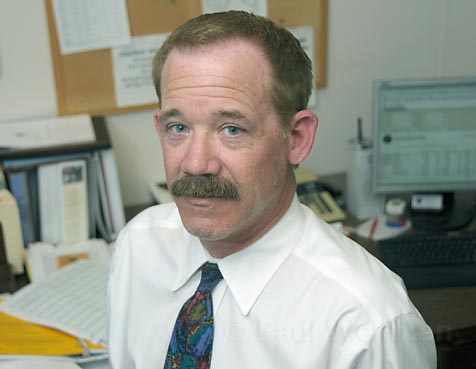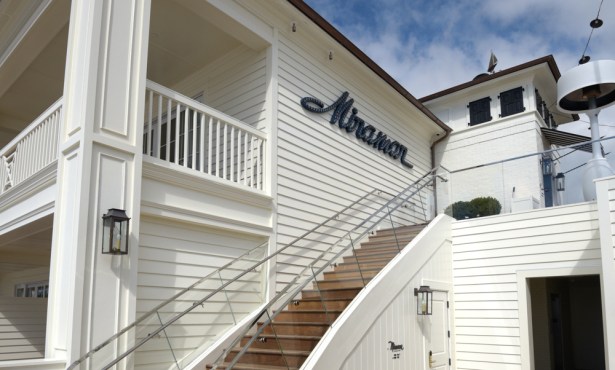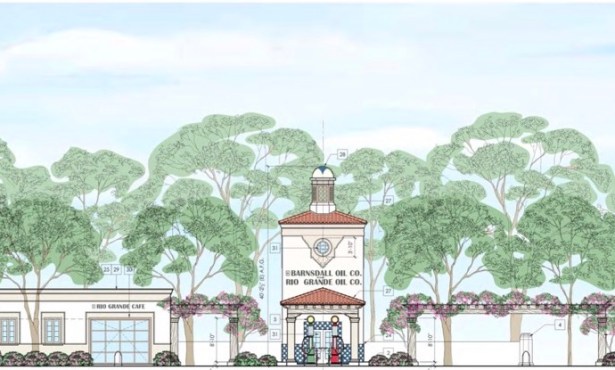New Phone Tax
Voter Approval Needed to Replace Obsolete Telecommunications Fees

Since a federal court has rendered the Internal Revenue Service’s old time-and-distance phone bill tax obsolete, the City of Santa Barbara, among others, must rewrite its own updated telecommunications tax-and quickly. At stake is almost $4 million in annual revenue, money that currently makes up approximately 14 percent of the city’s road maintenance budget-counting both general fund and Measure D monies. The telecommunications tax also helps pay for emergency and recreational services.
The object of the game is to get voter approval before the communications providers sue the city, whose current Utility Users Tax (UUT) is written as a mirror image of the Federal Excise Tax that a federal court ruled against in May 2006, saying that the IRS could no longer tax calls based on time and distance-a practice that dates back to the Spanish-American Civil War, said City Finance Director Bob Peirson. As a result of the ruling, the federal tax was suspended, and the IRS was forced to repay taxpayers $25. There is some irony, Peirson said, in the fact that cities throughout the nation mimicked the federal tax code’s language at the behest of the telecommunications companies, to make calculations easier for them. So when the IRS updated its excise tax law in the 1970s to apply to prepaid phone cards and wireless phone plans, the cities immediately followed suit. But the court struck down the federal rewrite, and now the cities are sitting ducks for legal challenges, which telecommunications companies have already initiated in five cities, including Sacramento and Los Angeles.
In order to avoid a domino effect of budget cuts and cash displacements, Peirson said that the city must rework the language of the current utility tax to apply to newer forms of communication but without reference to time or distance. The new tax would be collected from both wired and wireless phone plans, and Voice Over Internet technology as well.
The council asked whether it would include other Internet use. “What are we actually measuring here?” asked Councilmember Grant House. “People leave their computers on, just sitting there: Do they get charged?” Peirson explained that federal law prevents taxing the Internet for at least the next 10 years. “We aren’t going to tax email or Internet access,” he said.
The city’s current UUT collects on a limited range of telecommunications-phone and cable-at a rate of 6 percent. The expansion in communications methods means that a broader base of technology can be taxed, Peirson said, but at a lower rate, allowing the city to reduce most individuals’ tax bills while capturing the same amount of revenue. Paging, interstate Internet communications, private communication services, Internet protocol television (IPTV), and voice service could all be subject to taxation. Similar ordinances spreading the burden among services have passed by wide margins in several cities.
The council appeared to be leaning toward placing a rewritten utility tax on the November 2008 ballot, when it would require a majority vote. This means it would have to be rushed through the Ordinance and Finance Committees. However, only if the ordinance is placed on the ballot during a general election can it be passed by a simple majority vote, and the next opportunity for that is November 2009. If placed on the ballot during a special election, it would require a two-thirds majority to pass.



